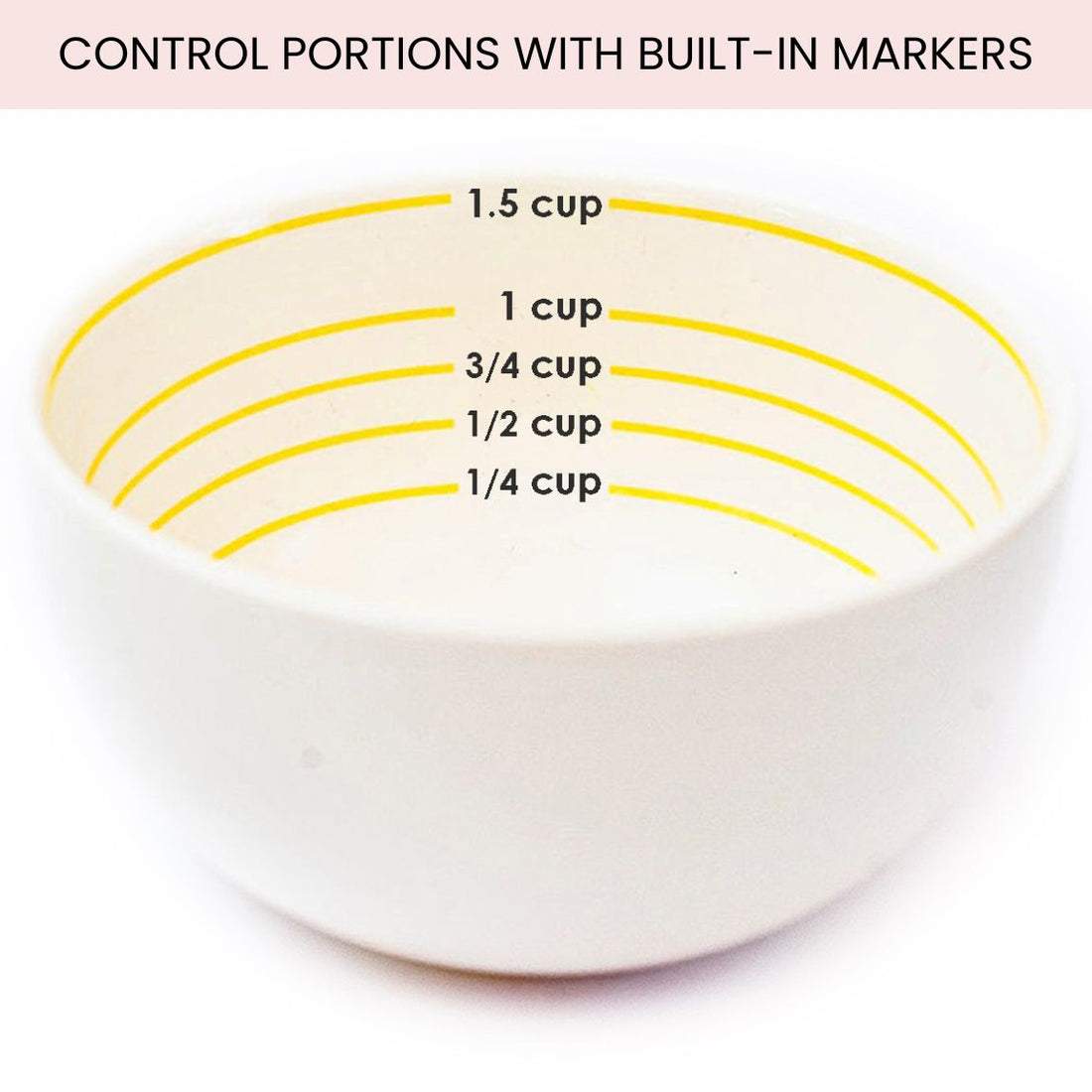Bariatric surgery is a life-changing procedure that helps individuals achieve significant weight loss and improve their overall health. But surgery is just one part of the process—exercise is a crucial factor in maintaining long-term success. While the thought of starting an exercise routine after surgery might seem daunting, incorporating physical activity into your recovery can improve your weight loss results, enhance your energy levels, and boost your overall well-being.
In this blog, we’ll explore when and how to start exercising after bariatric surgery, the types of workouts that work best, and tips for staying active during your recovery journey.
When Can You Start Exercising After Bariatric Surgery?
After bariatric surgery, your body needs time to heal before you begin any strenuous physical activity. Your surgeon will typically advise you to avoid exercise for the first few weeks post-op. However, light movement is encouraged to promote blood circulation and prevent complications like blood clots.
- First Week: During the first week after surgery, walking short distances around your home can help improve circulation without putting strain on your body.
- Weeks 2-4: At this stage, you can gradually increase your walking time. Aim for 5-10 minutes a few times a day, and listen to your body—don’t push yourself too hard.
- Weeks 4-6: You can begin introducing light cardio activities such as stationary cycling or swimming. It’s important to avoid heavy lifting or high-intensity workouts at this point.
- After 6 Weeks: Once you’ve received clearance from your surgeon, you can start incorporating strength training, resistance exercises, and moderate-intensity workouts into your routine.
It's important to follow your surgeon's guidelines and listen to your body during recovery. Avoid any exercises that cause discomfort or strain on your incision sites.
Best Exercises for Post-Bariatric Surgery Recovery
Starting slowly and building up your stamina is essential when it comes to exercising after bariatric surgery. Here are the best types of exercise to incorporate into your routine:
| Exercise Type | Description |
|---|---|
| Walking | Walking is a low-impact, beginner-friendly way to improve cardiovascular health, strengthen muscles, and boost energy levels. Start with short walks and gradually increase your distance. |
| Swimming | Swimming is an excellent full-body workout that’s gentle on the joints. It helps improve endurance and promotes weight loss without putting pressure on your healing body. |
| Stationary Cycling | Stationary cycling offers a low-impact cardio workout that helps burn calories and improve leg strength. It’s a great alternative if you prefer indoor exercise. |
| Bodyweight Exercises | After getting clearance from your doctor, you can start incorporating bodyweight exercises like squats, lunges, and modified push-ups to build strength and tone muscles. |
| Yoga | Yoga promotes flexibility, balance, and relaxation, making it an excellent addition to your recovery routine. It also helps reduce stress and improve mindfulness. |
These exercises provide a foundation for building strength, flexibility, and endurance during your recovery. As you progress, you can increase the intensity and duration of your workouts.
How Exercise Supports Long-Term Success After Bariatric Surgery
Incorporating exercise into your post-bariatric surgery routine offers numerous long-term benefits beyond weight loss. Here’s how staying active contributes to your overall success:
- Increased Metabolism: Regular exercise helps boost your metabolism, making it easier to maintain weight loss over time.
- Improved Muscle Tone: Strength training and resistance exercises help build and preserve muscle mass, which is essential for a toned physique.
- Enhanced Cardiovascular Health: Cardio exercises like walking and swimming improve heart health and reduce the risk of heart disease, high blood pressure, and diabetes.
- Increased Energy Levels: Regular physical activity can enhance your energy levels and reduce fatigue, making daily activities easier to manage.
- Mental Health Benefits: Exercise releases endorphins, helping to reduce stress, anxiety, and depression. It also improves mood and mental well-being.
By incorporating exercise into your daily routine, you’re not only supporting your weight loss goals but also improving your overall physical and mental health.
Tips for Staying Motivated with Your Post-Bariatric Exercise Routine
Staying consistent with exercise after bariatric surgery can be challenging, especially as you navigate the early stages of recovery. Here are some tips to help you stay motivated and committed to your fitness routine:
- Set Small, Achievable Goals: Break your long-term fitness goals into smaller milestones, such as walking for 10 minutes every day or completing three workouts a week.
- Track Your Progress: Keep a journal or use an app to track your workouts, progress, and how you feel after each session.
- Find an Exercise Buddy: Having a workout partner can keep you accountable and make exercising more enjoyable.
- Mix It Up: Vary your workouts to prevent boredom. Try different types of exercise, such as walking, yoga, or swimming, to keep things interesting.
- Celebrate Your Achievements: Reward yourself when you reach your fitness milestones. Celebrating progress, no matter how small, will help you stay motivated.
Consistency is key to seeing long-term results. By making exercise a regular part of your routine, you’ll build healthy habits that support your weight loss journey and overall well-being.
Conclusion: Exercise as a Key to Long-Term Bariatric Surgery Success
Exercise is an essential component of a successful post-bariatric surgery recovery plan. By starting slow, focusing on low-impact activities, and gradually increasing intensity, you can safely build strength, improve cardiovascular health, and maintain your weight loss. Regular physical activity also offers mental health benefits, including reduced stress and improved mood.
By following the recommended guidelines for post-op exercise and staying committed to your fitness goals, you’ll set yourself up for long-term success. Remember to always consult with your healthcare provider before starting any new exercise program, and listen to your body throughout your recovery journey.
Start small, stay consistent, and celebrate your progress along the way!









